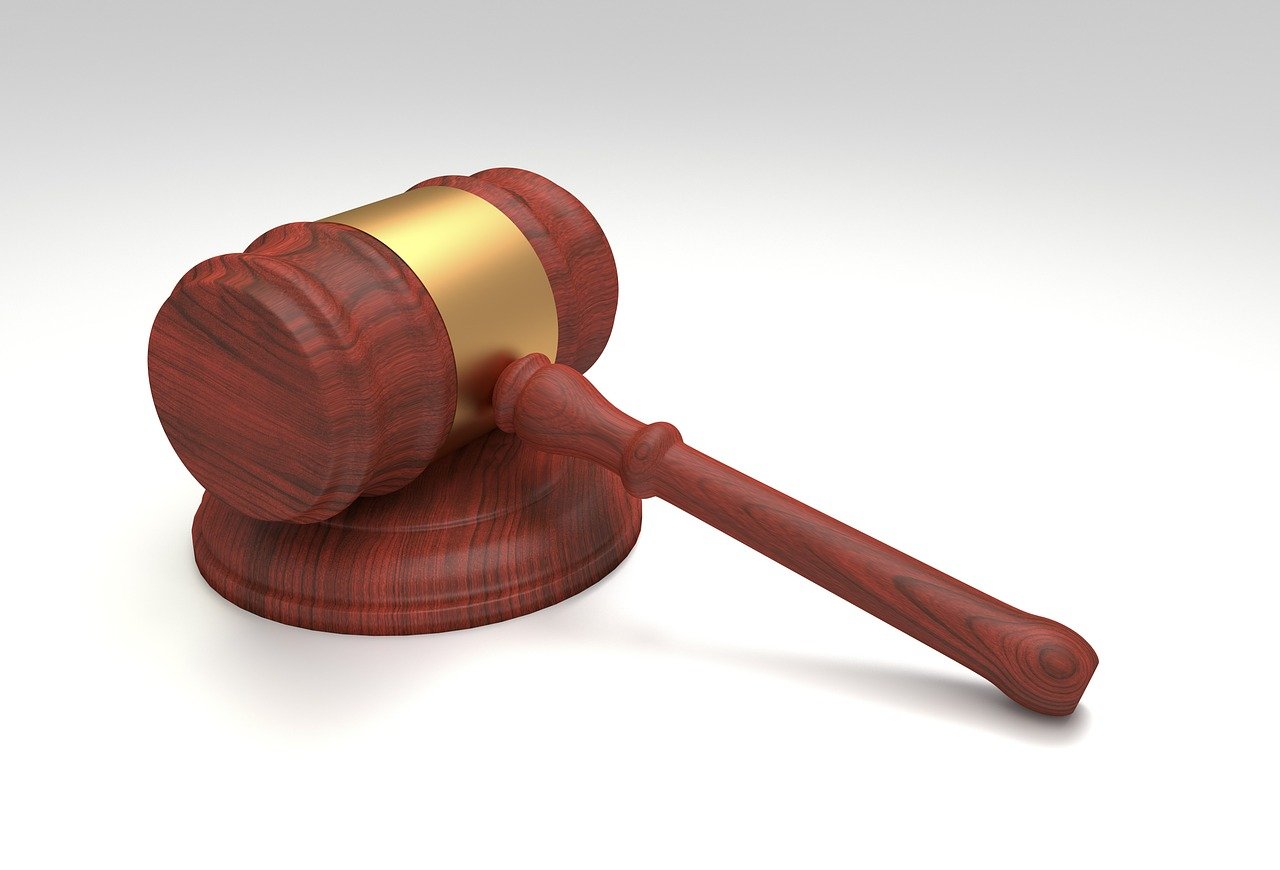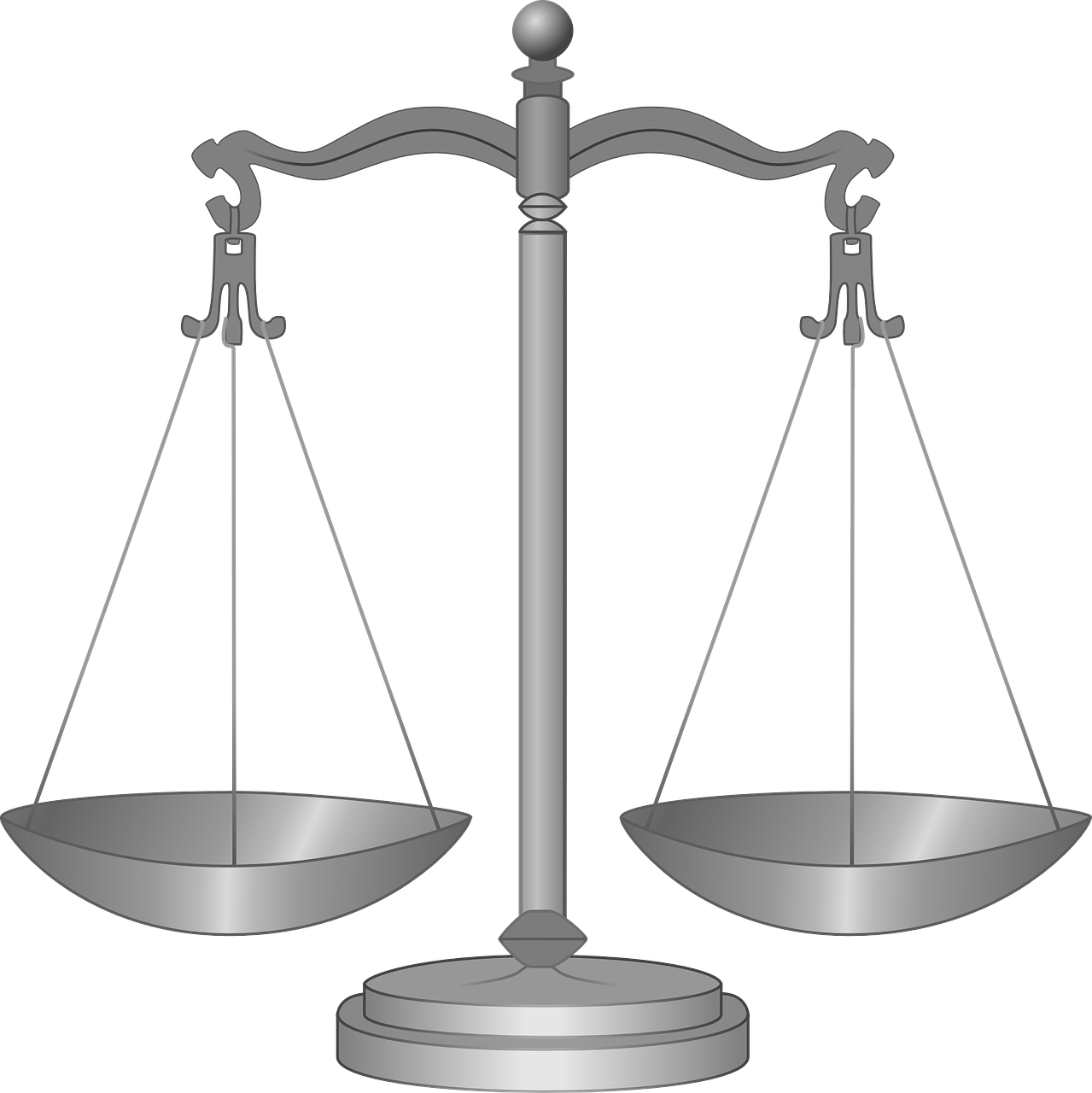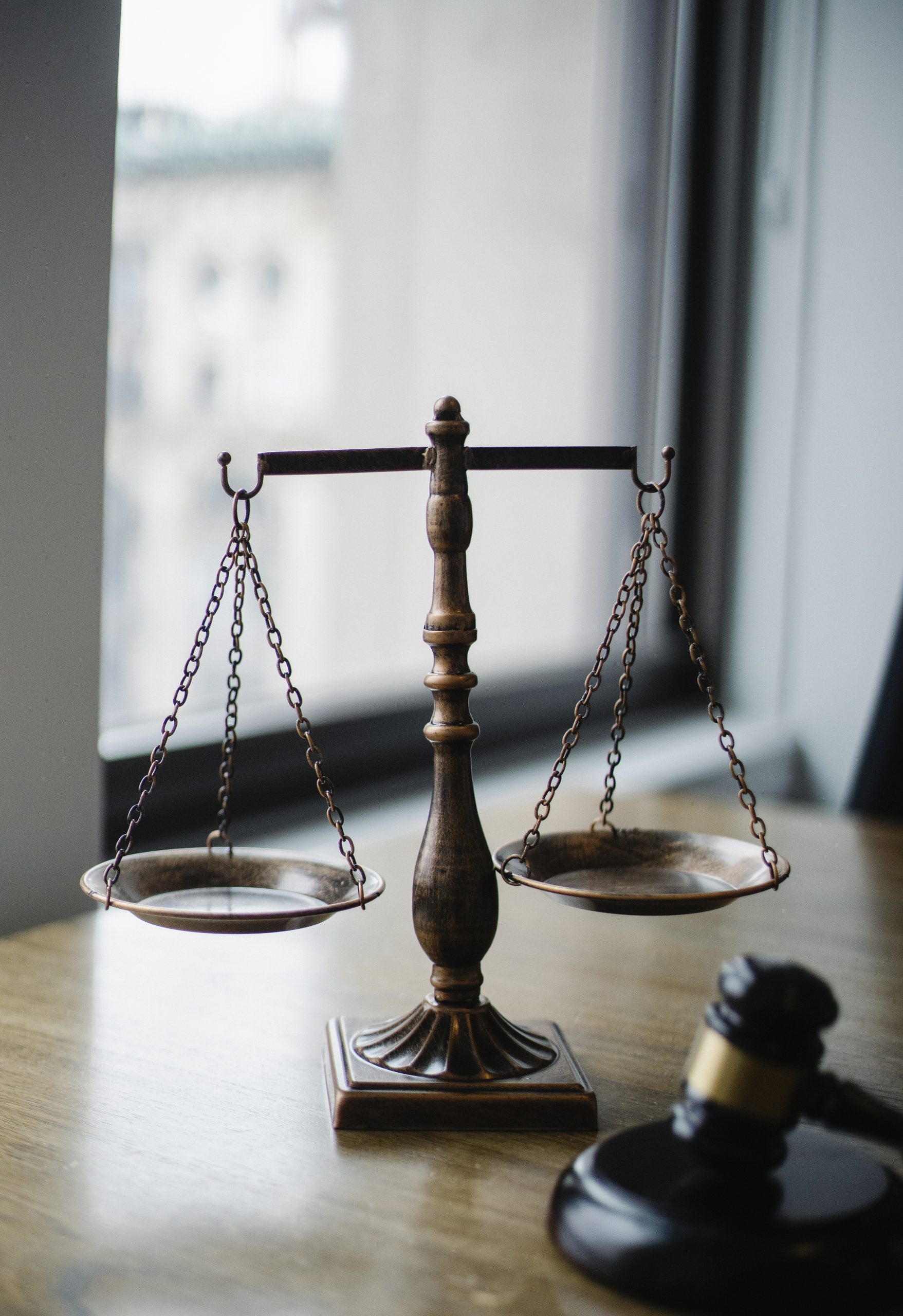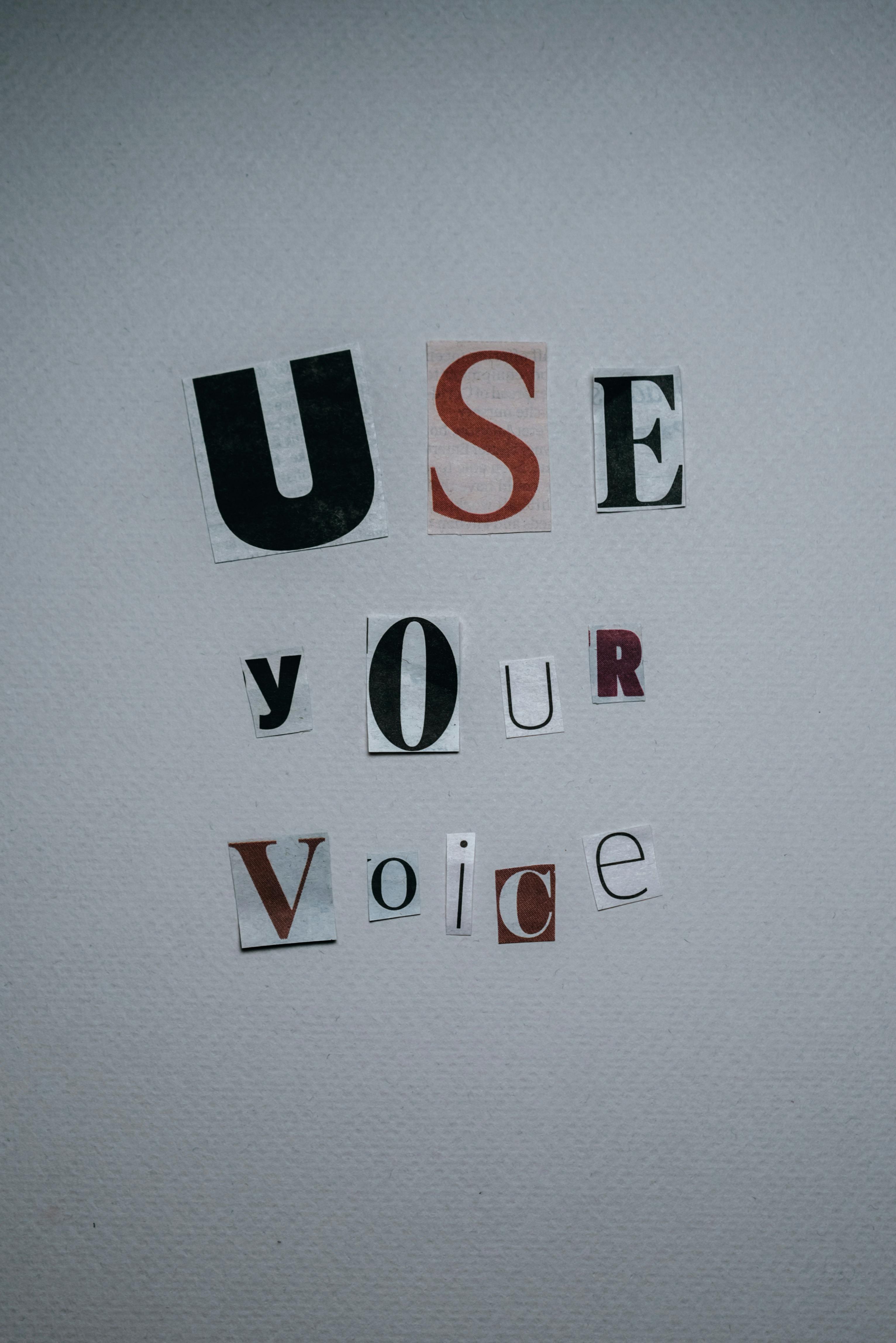Are you currently dealing with a minor rear-end car accident and have concerns that your lawyer may be taking advantage of you? It’s a common worry, but fear not, as we are here to shed some light on this matter. In this article, we will discuss the potential signs to look out for and provide you with useful information to help you make an informed decision. Our goal is to equip you with the knowledge and understanding necessary to navigate this situation confidently. So, let’s dive right in and address your concerns head-on.
Understanding the Role of a Lawyer in a Rear-end Car Accident Case
Getting involved in a rear-end car accident can be a stressful experience, whether it is a minor incident or a more serious collision. In these situations, it is essential to understand the role of a lawyer and the importance of legal representation. A skilled lawyer can guide you through the legal process, help protect your rights, and ensure that you receive the compensation you deserve. Let’s take a closer look at why having a lawyer by your side is crucial in a rear-end car accident case.
The Importance of Legal Representation
When it comes to a rear-end car accident case, having legal representation is vital. A lawyer who specializes in personal injury or car accident cases has the knowledge and expertise to handle the legal aspects of your case. They understand the intricacies of insurance claims, liability laws, and negotiation strategies, allowing them to advocate for your best interests.
A lawyer can help gather evidence, review police reports, and interview witnesses to build a strong case on your behalf. They can accurately assess the value of your claim, including the cost of medical expenses, property damage, lost wages, and pain and suffering. With their negotiation skills, they can also negotiate with insurance companies to ensure that you receive fair compensation.
Moreover, a lawyer can handle all the paperwork, deadlines, and legal formalities associated with your case, relieving you of this burden during a time when you may be dealing with physical injuries or emotional stress. They will guide you through the entire legal process, protecting your rights and ensuring that you make informed decisions.
What a Lawyer Does in a Rear-end Car Accident Case
In a rear-end car accident case, a lawyer performs several crucial tasks to help you achieve a favorable outcome. Here are some key responsibilities that a lawyer undertakes:
-
Investigation: A lawyer will investigate the accident thoroughly, collecting evidence such as photographs, surveillance footage, and witness statements. They will also review accident reports and medical records to establish liability and the extent of your injuries.
-
Claim Evaluation: Your lawyer will assess the value of your claim based on the damages you have suffered. This includes medical expenses, property damage, lost wages, and any emotional or psychological trauma resulting from the accident.
-
Negotiation: A skilled lawyer will negotiate with insurance companies on your behalf to secure fair compensation. They know how to navigate the negotiation process, ensuring that you don’t settle for an amount that is less than what you deserve.
-
Litigation: If a fair settlement cannot be reached, your lawyer will be prepared to take your case to court. They will represent you during trial proceedings, presenting evidence and arguments to support your claim, and seek a favorable judgment or jury verdict.
By entrusting your rear-end car accident case to a knowledgeable lawyer, you can focus on your recovery while they handle the legal complexities and fight for your rights.
Signs of a Lawyer Taking Advantage of You
While having a lawyer on your side is crucial, it is important to be aware of signs that could indicate your lawyer is taking advantage of you. While rare, some lawyers may engage in unethical practices or fail to provide the level of service you deserve. Here are some warning signs to look out for:
Lack of Communication
One of the most common signs of a lawyer taking advantage is a lack of communication. If your lawyer fails to return your calls or emails promptly, does not keep you updated on the progress of your case, or seems disinterested in your concerns, it may be a red flag. Open and regular communication is essential for a healthy lawyer-client relationship.
Excessive Billing
Excessive billing is another warning sign that your lawyer may be taking advantage. If you receive inflated or unreasonable bills without a clear explanation of the time and work performed, it could indicate unethical billing practices. Pay close attention to the billing statements and discuss any concerns with your lawyer.
Lack of Transparency
Transparency is crucial in any legal relationship. If your lawyer is not transparent about the progress of your case, the potential outcomes, or the strategies they are employing, it may be a cause for concern. Your lawyer should be open and honest about the strengths and weaknesses of your case, allowing you to make informed decisions.
Pressure to Settle Quickly
Some lawyers may pressure their clients to settle quickly, even if it is not in their best interest. This could be driven by a desire to resolve the case quickly and move on to the next client, or it could stem from a lack of confidence in their ability to secure a favorable outcome. If you feel rushed or coerced into accepting a settlement that does not adequately compensate you, it is essential to seek a second opinion.
Unethical Behavior
Unethical behavior, such as dishonesty, misappropriation of funds, or conflicts of interest, is a clear sign that your lawyer is taking advantage. If you suspect any form of unethical conduct, it is essential to take immediate action to protect your rights and seek justice.
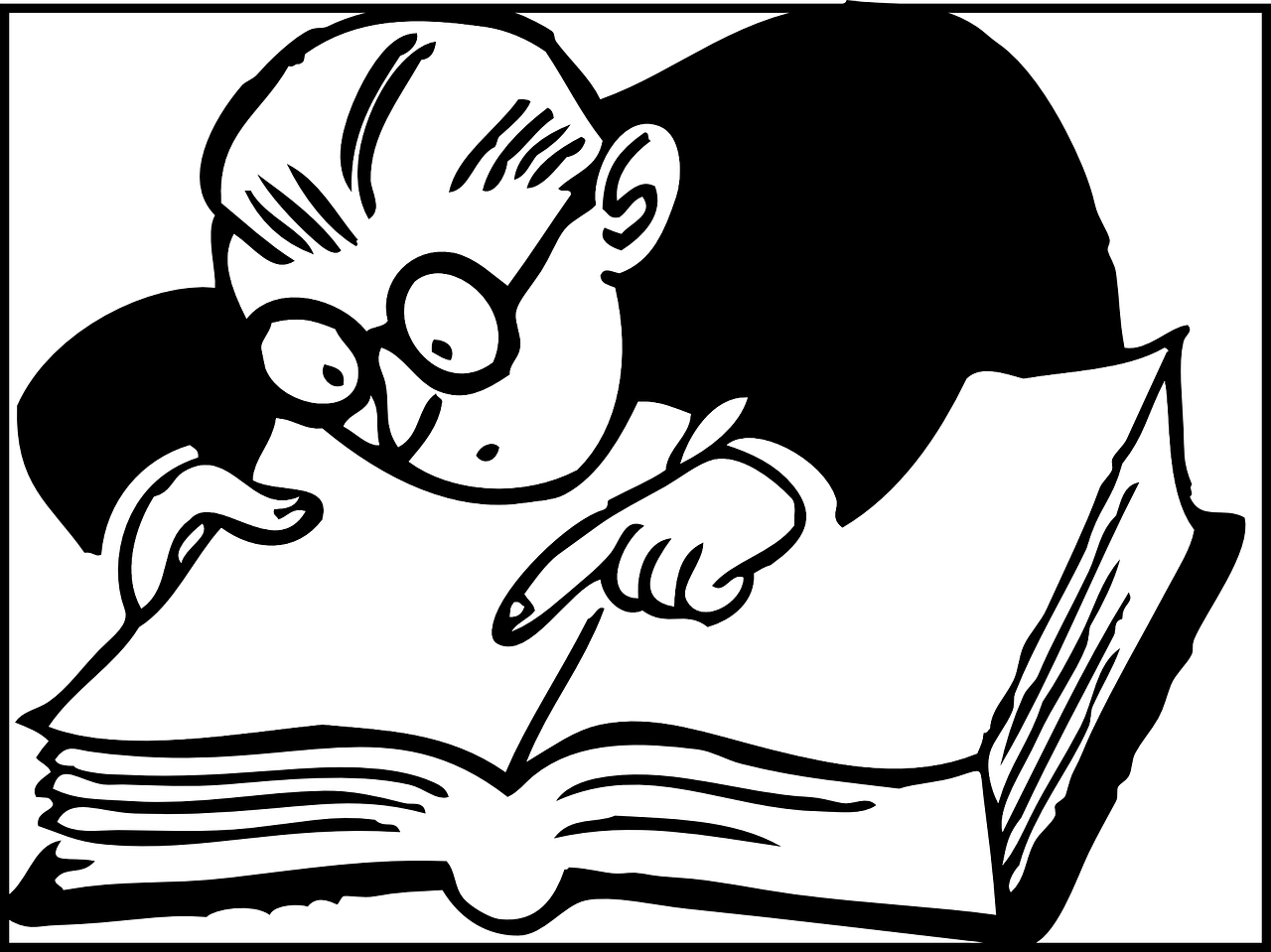
Steps to Determine if Your Lawyer is Taking Advantage
If you suspect that your lawyer may be taking advantage of you, it is important to assess the situation and take appropriate action. Here are some steps you can take to determine if your lawyer is taking advantage:
Evaluate Communication
Start by carefully evaluating the communication between you and your lawyer. Are they responsive to your calls and emails? Do they keep you updated on the progress of your case? If you are experiencing a lack of communication, schedule a meeting with your lawyer to discuss your concerns. Clear and open communication is crucial for a healthy lawyer-client relationship.
Review Billing Statements
Thoroughly review your billing statements and invoices from your lawyer. Pay attention to the level of detail provided and ensure that the billed hours and expenses are reasonable. If you notice discrepancies or excessive billing, discuss your concerns with your lawyer and request an explanation.
Assess Transparency
Consider how transparent your lawyer has been throughout the duration of your case. Have they consistently kept you informed about the progress, potential outcomes, and strategies employed? If you feel like you are being kept in the dark, it may be a sign that your lawyer is not acting in your best interest.
Consider Settlement Pressure
Evaluate whether your lawyer has been pressuring you to settle quickly. While there may be valid reasons for seeking a timely resolution, it is important to ensure that your lawyer is not pushing you into accepting an inadequate settlement. Take the time to assess the settlement offer with a clear understanding of your rights and the potential value of your claim.
Watch Out for Unethical Practices
Trust your instincts and be vigilant for any signs of unethical practices. If you become aware of any unethical behavior, such as dishonesty, conflicts of interest, or misappropriation of funds, consult with another lawyer immediately and consider reporting the misconduct to the appropriate authorities.
What to Do If You Suspect Your Lawyer is Taking Advantage
If you have strong suspicions that your lawyer is taking advantage of you, it is crucial to take swift action to protect your rights and seek justice. Here are some steps you can take if you suspect your lawyer is taking advantage:
Seek a Second Opinion
If you have concerns about your lawyer’s conduct or representation, it is advisable to seek a second opinion from another lawyer. They can review your case and provide an objective assessment of the situation, offering guidance on the best course of action to take.
Contact Your Local Bar Association
Reach out to your local bar association to report your concerns and seek guidance. They can provide information on the appropriate steps to take, including filing a formal complaint against your lawyer.
File a Complaint
If you have substantial evidence of unethical behavior or misconduct, consider filing a formal complaint with the relevant regulatory body, such as the state bar association. Follow the required procedures and provide all necessary documentation to support your claim.
Consider Changing Lawyers
If you have lost trust and confidence in your current lawyer, it may be necessary to consider changing legal representation. Consult with a different lawyer who can guide you through the transition and take over your rear-end car accident case, ensuring that your rights are protected.

How to Protect Yourself from Lawyer Exploitation
While rare, instances of lawyer exploitation can occur. To safeguard yourself from such situations, it is important to take proactive measures. Here are some steps you can take to protect yourself from lawyer exploitation:
Do Your Homework
Before hiring a lawyer, conduct thorough research to ensure that they have a good reputation and positive client reviews. Verify their credentials, experience, and track record in handling rear-end car accident cases. Consulting with trusted friends, family, or colleagues who may have had a positive experience with a lawyer can also provide valuable recommendations.
Ask for a Written Fee Agreement
When engaging the services of a lawyer, always request a written fee agreement. This agreement should clearly outline the lawyer’s fees, billing structure, and any additional costs you may be responsible for. Review the agreement carefully and ask for clarification on any terms or conditions that you do not understand.
Maintain a Record of Communication
Keep a detailed record of all communication between you and your lawyer. This includes emails, letters, and any notes from phone conversations or in-person meetings. This record can serve as valuable evidence if you ever need to raise concerns or file a complaint.
Set Realistic Expectations
Having realistic expectations is vital when it comes to legal matters. A competent lawyer will provide an honest assessment of your case, including the potential outcomes and challenges you may face. Trust their professional judgment and avoid expecting unrealistic results.
Trust Your Instincts
Your instincts can be a powerful tool in detecting signs of exploitation. If something feels off or your gut tells you that something is wrong, it may be worth further investigation or seeking a second opinion. Never ignore your instincts when it comes to entrusting your legal matters to someone.
Frequently Asked Questions
What should I do if my lawyer is not responding to my calls or emails?
If your lawyer fails to respond to your calls or emails, it is important to address the issue directly with them. Schedule a meeting or send a registered letter expressing your concerns regarding the lack of communication. If the problem persists, consider seeking a second opinion or reporting the issue to your local bar association.
How can I verify if my lawyer is overbilling me?
To verify if your lawyer is overbilling you, carefully review your billing statements and invoices. Look for detailed descriptions of the work performed and query any charges that seem excessive or unreasonable. If you have concerns about overbilling, discuss them directly with your lawyer to ensure that you receive a satisfactory explanation.
What are some red flags to watch for in lawyer-client communication?
Red flags to watch for in lawyer-client communication include a lack of responsiveness, failure to provide regular case updates, and a general lack of interest in your concerns or questions. Additionally, if your lawyer consistently avoids explaining legal concepts or strategies used in your case, it may indicate a lack of transparency.
Can I switch lawyers in the middle of my case?
Yes, you have the right to switch lawyers in the middle of your case if you are dissatisfied with your current representation. However, it is important to carefully consider the timing and potential implications of changing lawyers. Consult with a new lawyer before making a decision to ensure a smooth transition and uninterrupted legal representation.
What can I do if I suspect unethical behavior from my lawyer?
If you suspect unethical behavior from your lawyer, gather any evidence you have to support your claim. Consult with another lawyer to seek guidance and discuss potential courses of action. Depending on the severity of the misconduct, you may consider filing a formal complaint with the relevant regulatory body, such as the state bar association.



